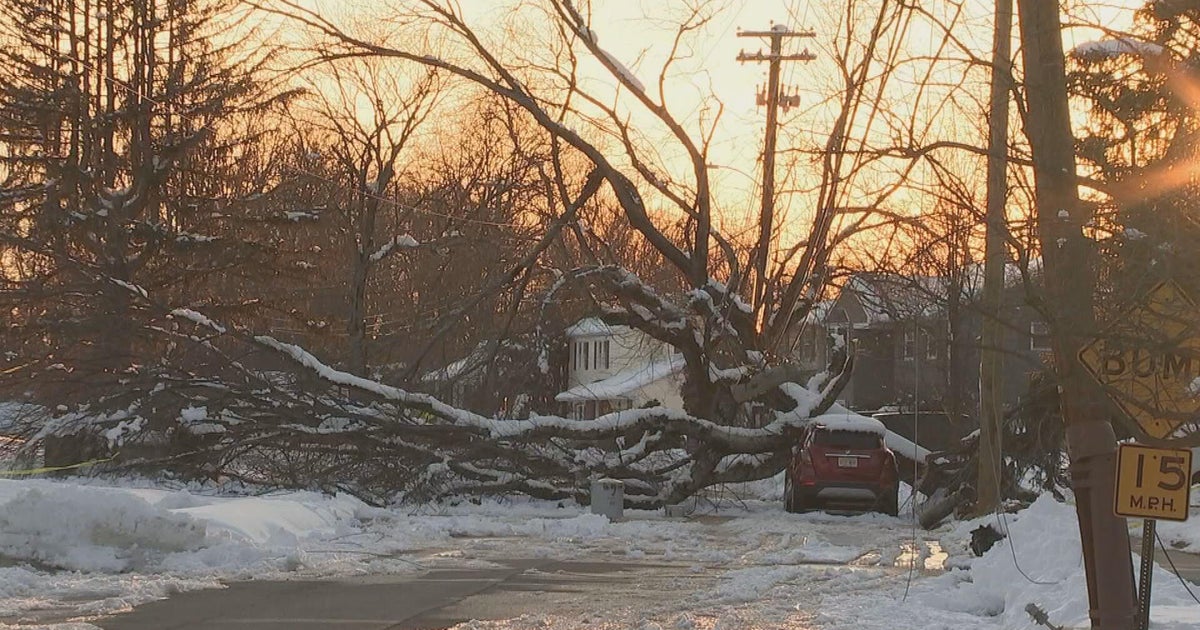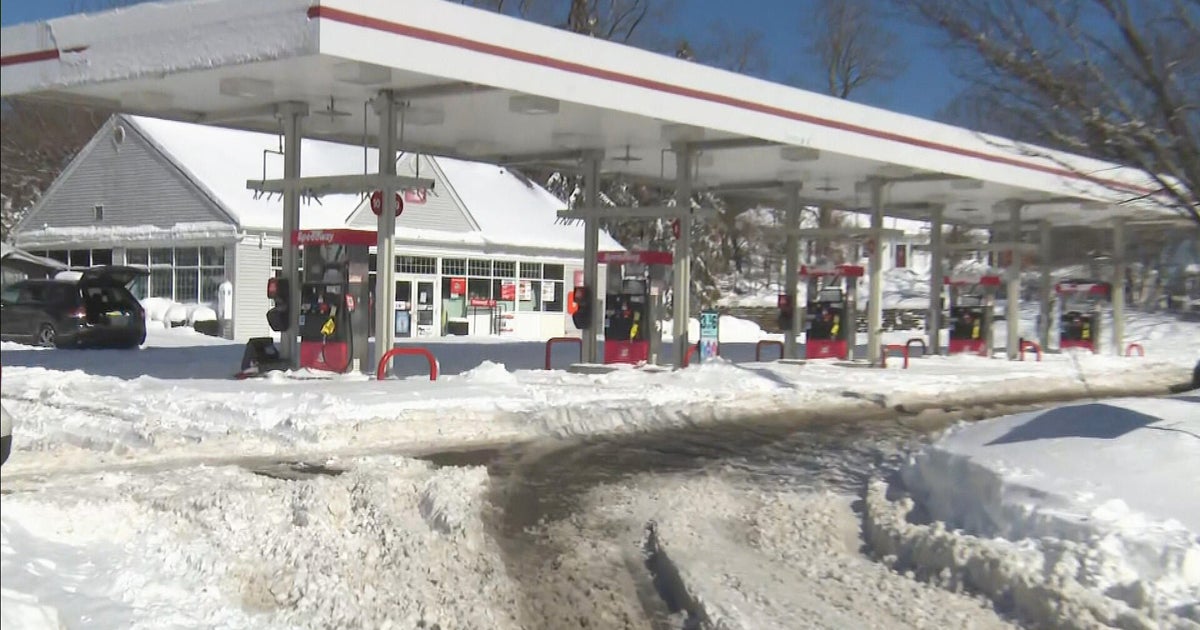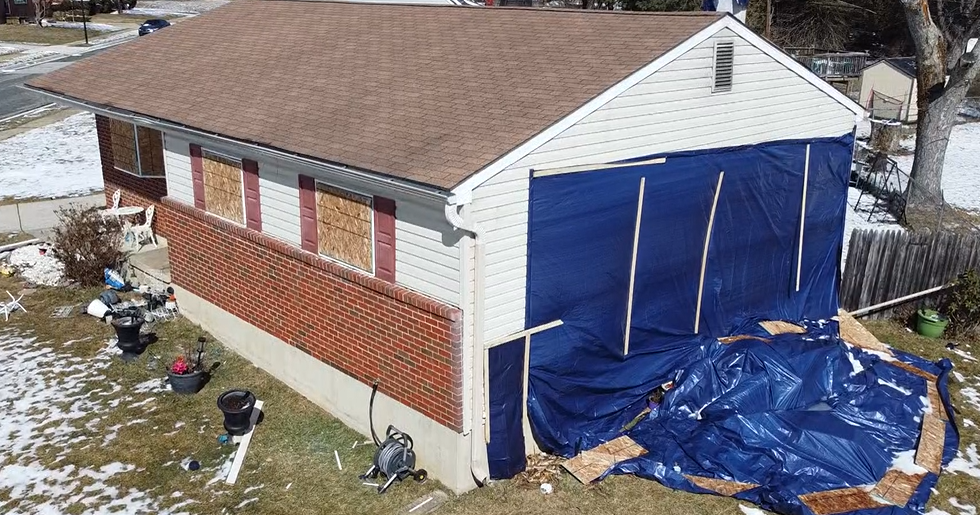Call Kurtis: What Do I Really Owe? The Rules On Utility Backbilling
Michael Shaw thought he did everything right.
"We've ordered stuff here and it has never showed up," Shaw said of his house, once an Amador County beauty shop, along Hilltop Road. "It's a very random, weird street."
Knowing of post office confusion between his Pine Grove's Hilltop Road and Hilltop Court two miles south, Shaw asked PG&E to bill to his PO Box instead. Otherwise, he said, the bills would never get to him.
For a year, Shaw said bills never came -- his repeated calls always answered by a customer service rep he said told him to wait for the next bill.
"I was getting worried that I would have a humongous bill," he said.
But when PG&E shut off electricity to his home after 12 month and insisted he pay $2,904 in back bills -- and all 12 bills finally arrived on the same day -- it was time to Call Kurtis.
"I didn't think it was fair," he said.
Mindy Spatt of The Utility Reform Network agreed.
"PG&E refuses to play by the rules," she said, adding that PG&E is breaking a state rule that only allows utilities overseen by the state to back-bill customers "for a period of three months.
It's something PG&E got in trouble for in 2007, costing the utility millions in customer refunds.
What can consumers do if it happens to them?
If it's a privately owned utility like PG&E overseen by the state, the company can only backbill customers for three months if the billing error was caused by the company, according to PUC Rule 17.1.
If the utilities insist, customers can file a complaint with the Public Utilities Commission.
"There are situations where we should do better," said Nicole Liebelt of PG&E. "In this case, we recognize that."
After we got involved, PG&E said it never updated Shaw's address as he had requested. The utility agreed to drop the entire $2,904 bill.
"I feel like I can live now," he said.
The USPS said it's working to restore the Shaw's mail service -- and clear up any confusion between Hilltop Road and Hilltop Court.







